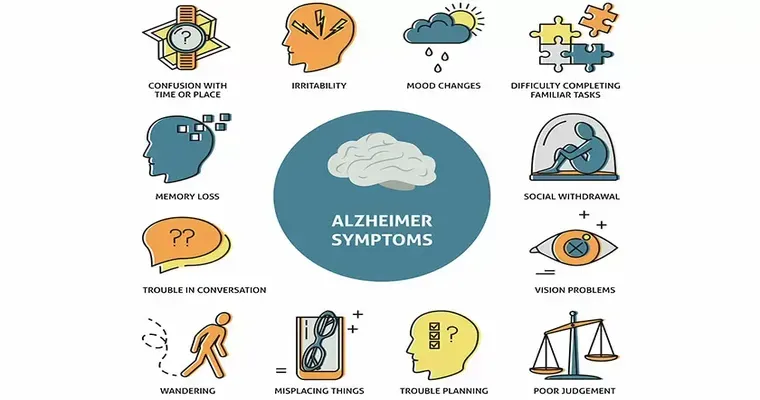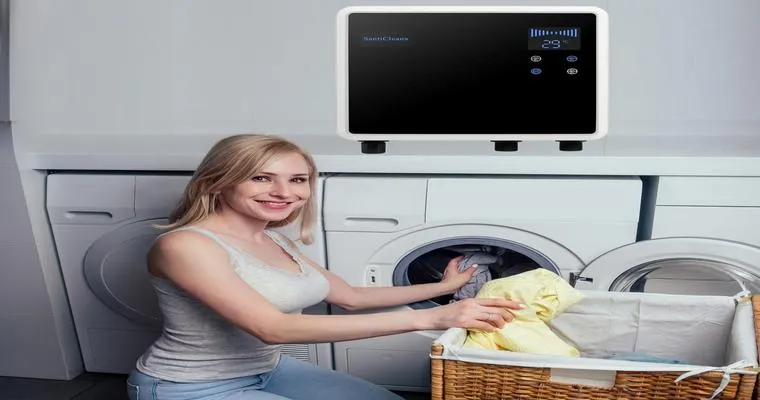Alzheimer's disease is a complex condition that often manifests in a variety of symptoms, leading to confusion about whether behaviors stem from "theft", "paranoia", or simple "forgetfulness". As one of the most common forms of dementia, Alzheimer's affects millions of people worldwide, making it essential to understand its implications on behavior and cognition. In this article, we will explore how these symptoms can be misinterpreted and what they mean for both patients and caregivers.
Understanding Alzheimer's Disease
Alzheimer's disease primarily affects memory, thinking, and behavior. Initially, individuals may experience mild memory loss, which can escalate to more severe cognitive decline. As the disease progresses, symptoms can include "confusion", "disorientation", and challenges in communication. This decline can lead to misunderstandings in social situations, prompting caregivers and family members to question the motivations behind certain actions.
Classifying Behaviors: Theft, Paranoia, and Forgetfulness
1. "Forgetfulness": One of the hallmark signs of Alzheimer's is forgetfulness. Individuals may misplace items, forget appointments, or struggle to remember recent conversations. This behavior is often not intentional; instead, it results from cognitive decline. For caregivers, understanding that these lapses are a symptom of the disease can foster patience and compassion.
2. "Paranoia": As Alzheimer's progresses, some individuals may exhibit paranoid behaviors. They might believe that others are stealing from them or plotting against them. This paranoia often arises from memory loss and confusion. For instance, if someone cannot recall where they placed their belongings, they may assume someone else took them. Recognizing that these feelings stem from the disease rather than reality is crucial for caregivers to provide appropriate support.
3. "Theft": In certain cases, individuals with Alzheimer's may take items that do not belong to them. This behavior is not driven by malicious intent but rather by their impaired judgment and memory capabilities. They may forget that they have taken something or may not recognize ownership. It is vital for caregivers and loved ones to address this behavior with sensitivity, focusing on redirection rather than punishment.
The Role of Caregivers
Caregivers play a crucial role in managing the symptoms of Alzheimer's. By understanding the underlying causes of behaviors like forgetfulness, paranoia, and perceived theft, caregivers can respond more effectively. Strategies may include:
"Creating a supportive environment": Reducing stress and confusion can help mitigate paranoid thoughts and behaviors. A structured routine can provide comfort and stability.
"Using memory aids": Implementing tools such as calendars, labels, and reminders can help manage forgetfulness and improve daily functioning.
"Practicing compassion": Recognizing that behaviors are symptoms of a disease can help caregivers respond with empathy rather than frustration.
Conclusion
Alzheimer's disease is a multifaceted condition that can lead to behaviors often misconstrued as theft or paranoia. By understanding the differences between "forgetfulness", "paranoia", and "theft", caregivers and loved ones can offer better support to those affected. With increased awareness and compassion, we can improve the quality of life for individuals living with Alzheimer's and their families. Understanding these behaviors is not just about addressing symptoms; it is about seeing the person behind the disease and providing the love and support they need.





